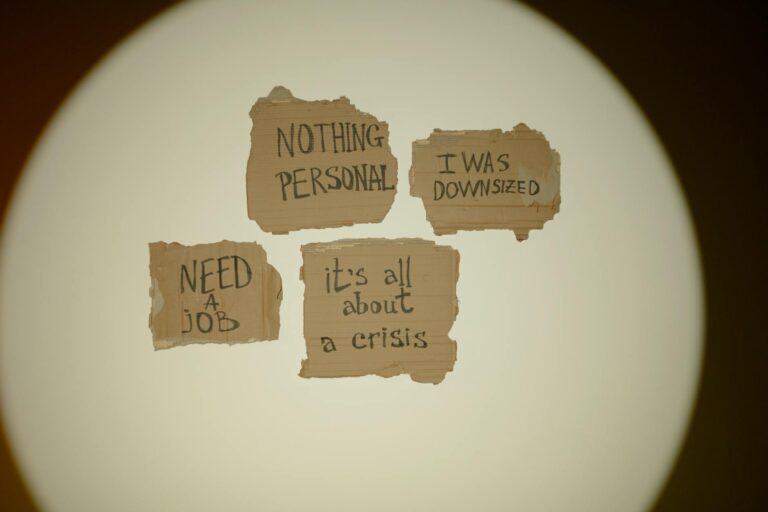Vodafone and Three’s £16.5bn Merger: What It Really Means for Your Internet (And Your Wallet)
Okay, let’s talk about the Vodafone-Three merger—because honestly, it’s kind of a big deal. £16.5 billion big. That’s not just “oh, another corporate shakeup” money. That’s “we’re about to become the UK’s biggest mobile network” money. And yeah, they’re promising faster broadband, better 5G, all that jazz. But here’s the thing: will it actually make a difference for you? Let’s break it down.
So, What Actually Happened?
After what felt like forever—seriously, this deal’s been in the works for months—Vodafone and Three finally got the green light. Regulators made them pinky-swear to keep prices fair and actually improve coverage, especially in places where internet speeds are stuck in the dial-up era. But let’s be real: when companies this size merge, there’s always some fine print.
And here’s the kicker: they’re now bigger than EE and O2. Like, way bigger. That’s either going to force those two to up their game… or mean less competition. Depends who you ask.
Broadband: The Real Winner (Maybe)
Here’s where it gets interesting. VodafoneThree—yeah, that’s their new superhero name—is shouting from the rooftops about doubling broadband coverage. Rural areas? Underserved towns? They’re supposedly priority number one. But I’ve heard that before. Remember when 5G was going to change everything? Still waiting for my lightning-fast downloads, personally.
That said, they’re throwing billions at fiber and 5G. And when one company goes all-in, others usually follow. So even if you’re not a Vodafone or Three customer, this could still work in your favor. Or, you know, it could just mean more ads yelling about “blazing-fast speeds” while your Netflix still buffers.
Jobs, Money, and the Economy—Win or Lose?
On paper, this is great news for jobs. Thousands of them, from tech geeks to customer service folks. And hey, more investment usually means good things for the economy. But—and there’s always a but—some experts are side-eyeing the whole “four big players down to three” situation. Less competition can sometimes mean… well, higher prices. Or slower innovation. Remember when airlines merged and suddenly your legroom vanished? Yeah.
The Skeptics Aren’t Convinced
Regulators are watching like hawks, which is good. But critics aren’t holding their breath. Fewer competitors often leads to less choice—and let’s be honest, telecom companies aren’t exactly known for putting customers first. The real test? Whether your bill stays the same (or better yet, drops) while your internet actually gets faster. Fingers crossed, right?
What’s Next? 5G, Smart Cities, and… Who Knows?
Short term, they’ve got to make this merger actually work—no small feat. Long term? They’re talking big: leading the charge on 5G, diving into smart cities, maybe even making IoT stuff that doesn’t feel like a gimmick. Ambitious? Absolutely. Achievable? Well, that’s the billion-pound question.
Bottom Line
This merger could be a game-changer. Or it could be another case of corporate promises falling flat. Either way, the UK’s telecom scene just got a lot more interesting. And for us regular folks? We’ll find out soon enough whether “bigger” actually means “better.”
One last thought: remember when everyone freaked out about the EE and BT merger? Yeah, me neither. Sometimes these things matter. Sometimes they don’t. Guess we’ll see.
Source: Financial Times – Companies











